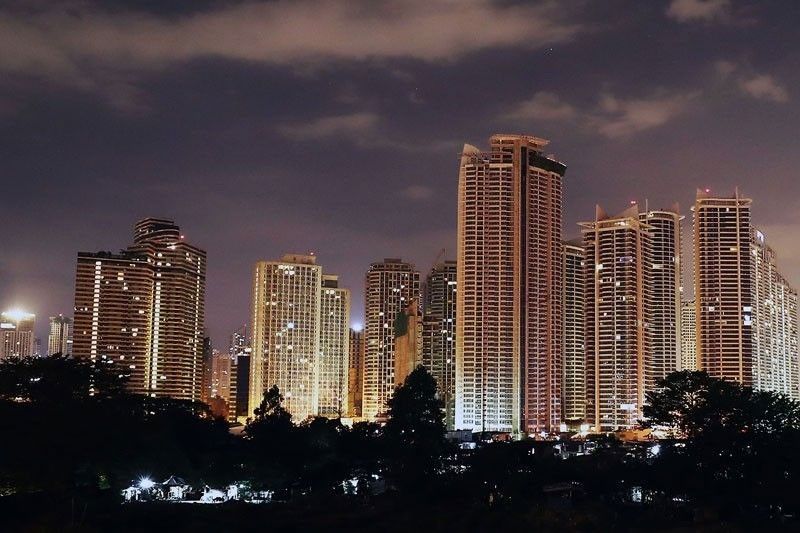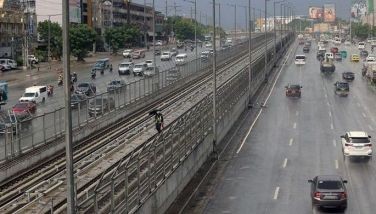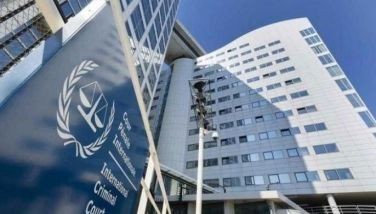‘COVID-19 steered Philippines to digital economy’

MANILA, Philippines — Months of lockdown due to the pandemic have forced the country’s telecommunications companies or telcos to improve internet services and steer the nation into the so-called digital economy, an economist in Congress said yesterday.
“The internet is the lifeblood of the new economy. If you do not have fast internet, you’re good as finished in the global competition. If we want bigger ambitions for our country, we need faster internet,” Albay Rep. Joey Salceda said.
The chairman of the ways and means committee of the House of Representatives issued the statement after the country ranked low for “digital momentum in the digital innovation index.”
The Philippines ranked 64th on a metric called “digital evolution” and 52nd in terms of “digital momentum” in the report by Tufts University in Massachusetts and Mastercard Inc. This placed the country behind regional competitors Indonesia and Vietnam.
Salceda wants the entry of new telco players for more competition, because as things have turned out, internet connection has suddenly become a basic commodity.
He has authored the proposed Faster Internet Services Act and Satellite Liberalization Act.
The internet bill is pending with the House committee on information communications technology, while the satellite bill has already been endorsed by President Duterte’s economic cluster.
In his proposed reforms, Salceda underscored the need for “faster, cheaper, and more reliable internet” services most particularly for the “new industries such as the financial technology sector.”
“The new jobs are digital. We will need new jobs as we recover from coronavirus disease 2019. We will not get those jobs without faster internet. So, this is a matter of national emergency,” he said.
Salceda said the Philippines is ahead in terms of user experience. “This country has some of the world’s best designers. In fact, the index ranks us 10th on that score,” he said.
However, the country’s infrastructure and regulations have to catch up.
“Friction costs and barriers to entry need to be removed in the telecommunications sector to boost its performance. You have so many areas that do not allow cell towers,” he said.
Until the country institutes a common tower policy as part of reforms, every telco has to build its own towers, Salceda said.
Under the Faster Internet Services Act proposal, telecommunications companies will have to issue minimum internet speed guarantees to consumers. “Current law incentivizes our internet sector not to deliver. It has to change,” he said.
Meanwhile, the Satellite Liberalization Act would allow smaller and rural players access to satellite technologies to broaden competition.
“Current regulations also restrict access to the country’s satellite orbital to existing telco players, so none of the rural players can enter easily,” Salceda lamented.
“I represent a rural, countryside district with rising commercial centers. We need the internet to create value in agriculture and other services. We have a rising BPO sector. We need reliable internet at competitive costs,” he said.
- Latest
- Trending




























